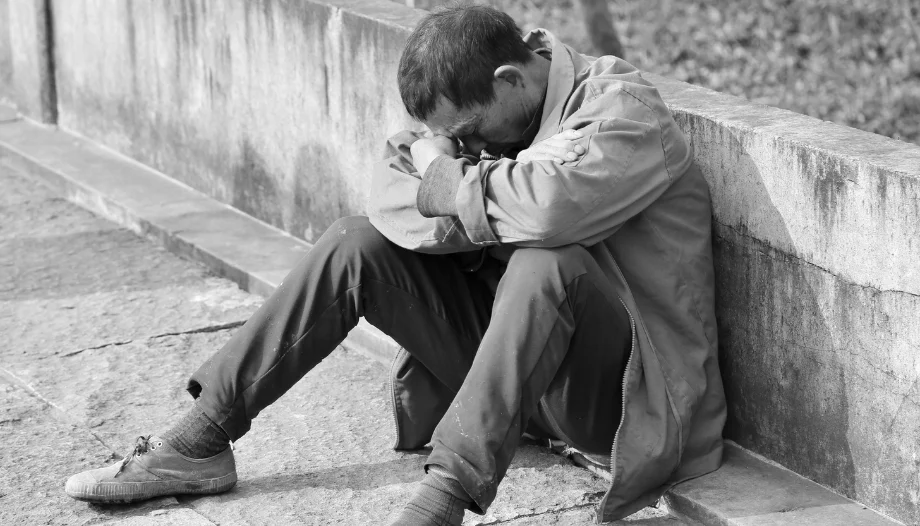«Let not your right hand know what your left hand is doing,» says the Gospel. However, Father Vladimir affirms that it is good to see how the Church puts into practice everything it preaches and helps people. Vladimir has welcomed and accompanied 195 homeless people thanks to yourTECHÔ.
Between 30,000 and 40,000 people in Spain are homeless. This not only implies the absence of a physical space, but also the breakdown of security, health, emotional ties, autonomy, and identity.
The main problems faced by homeless people are unaffordable prices or discrimination by landlords. But there is hope: some people have managed to escape this situation thanks to the housing and support model.
The project yourTECHÔ was created to end homelessness by providing housing to the social organizations that support them. They are therefore looking for companies with a sustainable social purpose and sufficient profits to be able to scale up and transform.
Philanthropy is essential, but yourTECHÔ is committed to going further, with impact investing. It is the first social SOCIMI (Listed Real Estate Investment Company) to be listed in Spain (IPO on BME growth in April 2024) and 40% of the capital has donated the dividend to the Foundation, further strengthening its social commitment. This model allows for the democratization of impact investing: anyone, regardless of their economic capacity, can participate in the solution.
Combining the problem of homelessness with the problem of depopulation in Spain and providing a joint solution is for yourTECHÔ is a perfect example of innovation. Of the 3.5 million empty homes, half are in villages. With projects such as yourTECHÔ Rural takes advantage of the availability of housing in depopulated areas to offer decent, low-cost solutions.
The Church, key to yourTECHÔ
Religious congregations or entities are key players in the housing and support model. So much so that the highest rate of overcoming homelessness is found in apartments run by the Church (27 tenant entities belong to the Church, 135 properties are rented, and there are nearly 500 residents). The fact is that yourTECHÔ not only offers housing, but «there are people who are so damaged that they need support even though they already have a place to live,» says Blanca Hernández, president and founder of yourTECHÔ comments on the importance of ensuring that the apartments serve to dignify the residents by providing support with an integration plan for each of the people living in the apartment.
Vladimir, a Cuban priest, arrived in Madrid and soon saw the number of compatriots arriving without resources. “We wanted to help, but we had nothing,” he recalls. It all started when, almost by chance, a parishioner decided to sell an apartment, and with it, Cobijo was born three years ago. Shortly after, he met the director of yourTECHÔ and began a collaboration that today allows us to manage 25 apartments together with yourTECHÔ and 10 of our own.
Since then, they have provided a home for 195 people—42 of them children—and more than 2,000 Cubans have received initial assistance with shelter, food, and support. Vladimir explains that in their apartments, they believe in rotation: the stay is usually between six months and a year, because, he says, “otherwise, you stay in the nest and don't learn to fly.” “Cobijo is the result of Providence and a culture of alliances. I am grateful to yourTECHÔ generosity: when we can't pay, the foundation supports us.
Father Jesús, parish priest of Leganés Norte, also describes the reality that accompanies this: a shanty town between the M-45 and Leganés with 80 people, families living in industrial warehouses—some even in a cold storage room—and situations of extreme vulnerability. That is why he values the joint model between the foundation and the SOCIMI: impact investment to acquire housing, sustainable social rents, and philanthropic support to cover what families cannot afford. “The Church,” he says, "must be a Samaritan: welcoming and providing a home to those who have none.".







